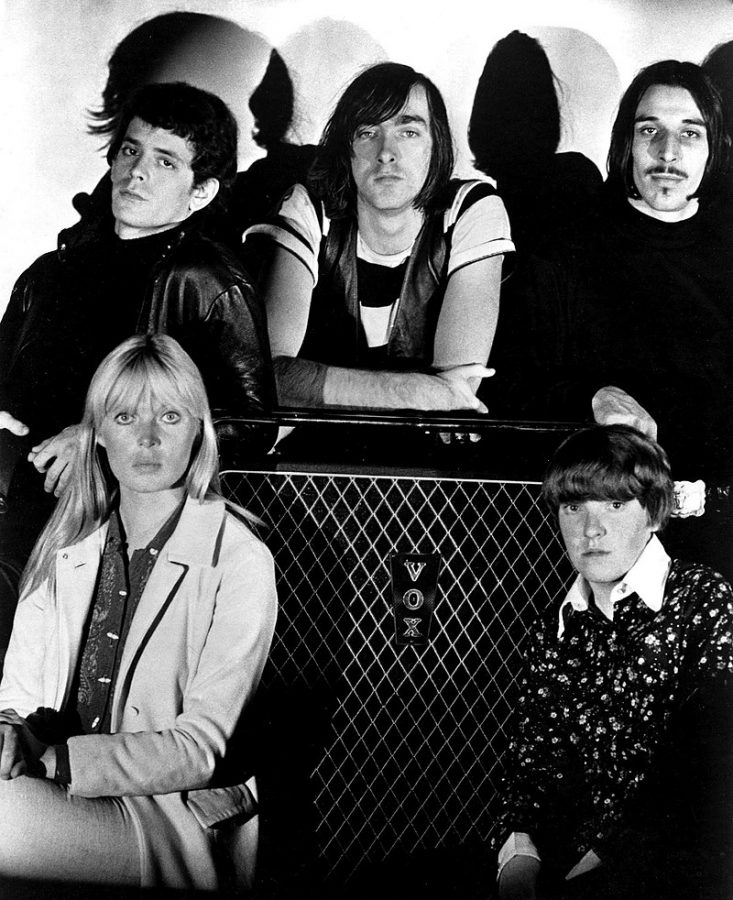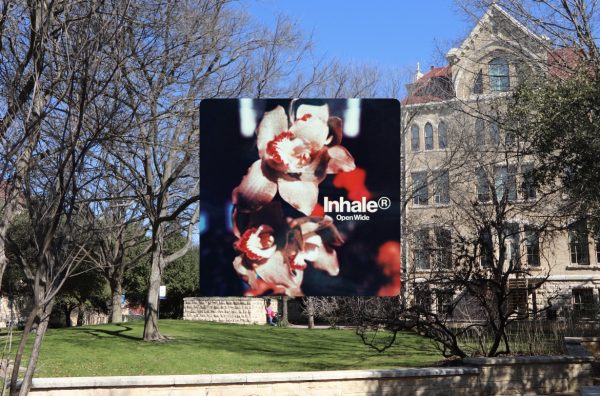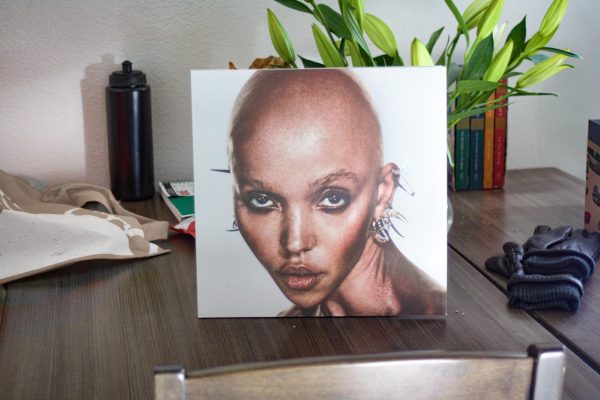The Velvet Underground’s music stands test of time after 5 decades
Lou Reed (top left), Sterling Morrison, John Cale, Maureen Tucker and Nico pose in a press photo for their debut album, “The Velvet Underground and Nico.” All of The Velvet Underground’s albums made the Billboard 200 list for multiple weeks.
After the harsh screeches of 1968’s “White Light/White Heat,” it was hard to imagine The Velvet Underground going back to playing gently. And yet, if any of their albums could be considered laid back and soft, it would be 1969’s “The Velvet Underground.”
Between the avant-garde stylings of their first two albums and before the straight-up rock of “Loaded” came their second self-titled album’s blend of quiet introspection and sensitivity towards LGBTQ+ themes.
But even on the band’s so-called accessible album, chief songwriter Lou Reed still retained his unique style with references to dirty French novels, wine in the morning and finding new illusions.
At a time when Crosby, Stills and Nash were singing peace, love and how we’re stardust, the band couldn’t even be bothered to smile — or have a hit record, for that matter. But unlike other successful bands of the period, The Velvets focused on more poignant lyrics and marginalized voices that never did get invited to the Summer of Love.
Throughout their short-lived career, The Velvets always remained non-judgemental about the ugliness, sadness and joy of people living their varied lives.
For instance, the album features one of Reed’s most beautiful songs, “Candy Says.” The opener, one of their most low-key tracks, is a moving character study of Warhol-acolyte Candy Darling who was in the midst of transitioning from male to female.
With bassist Doug Yule’s soft, sensitive vocals, Darling’s talk of frustration with “com[ing] to hate” being trapped in a male body are some of the most affecting in popular music. And yet, the song retains a universality in that Darling’s self-loathing is deeper than physical: it’s simply wanting to find happiness, to “walk away…” from yourself and become a free person.
Freedom is also a concern in “Some Kind’ve Love,” a twangy dare to explore unknown pleasures sung by a wry Reed. Ultimately, the song comes down to this: rather than spend time fretting about what sex should look or feel like, act on what feels good since “no kinds of love are better than others.” It’s something that remains vital today and — unlike a majority of forgotten psych rock — doesn’t make you cringe either.
Fifty years later, it’s hard to find a rock song from 1969 that isn’t just smeared with unrelenting testosterone. But in this case, that’s not true. Combined with their massive influence just in sheer sound, The Velvet Underground’s refreshingly open, empathetic acceptance towards LGBTQ+ orientations is still groundbreaking as well as much-needed.
Even though the album was the band’s most commercial record yet, it never caught on due to poor promotion (the album didn’t even reach Billboard 200 until 1985). Yet as time passes, their work still remains fresh, hair-raising and undeniable, even when they whisper.











